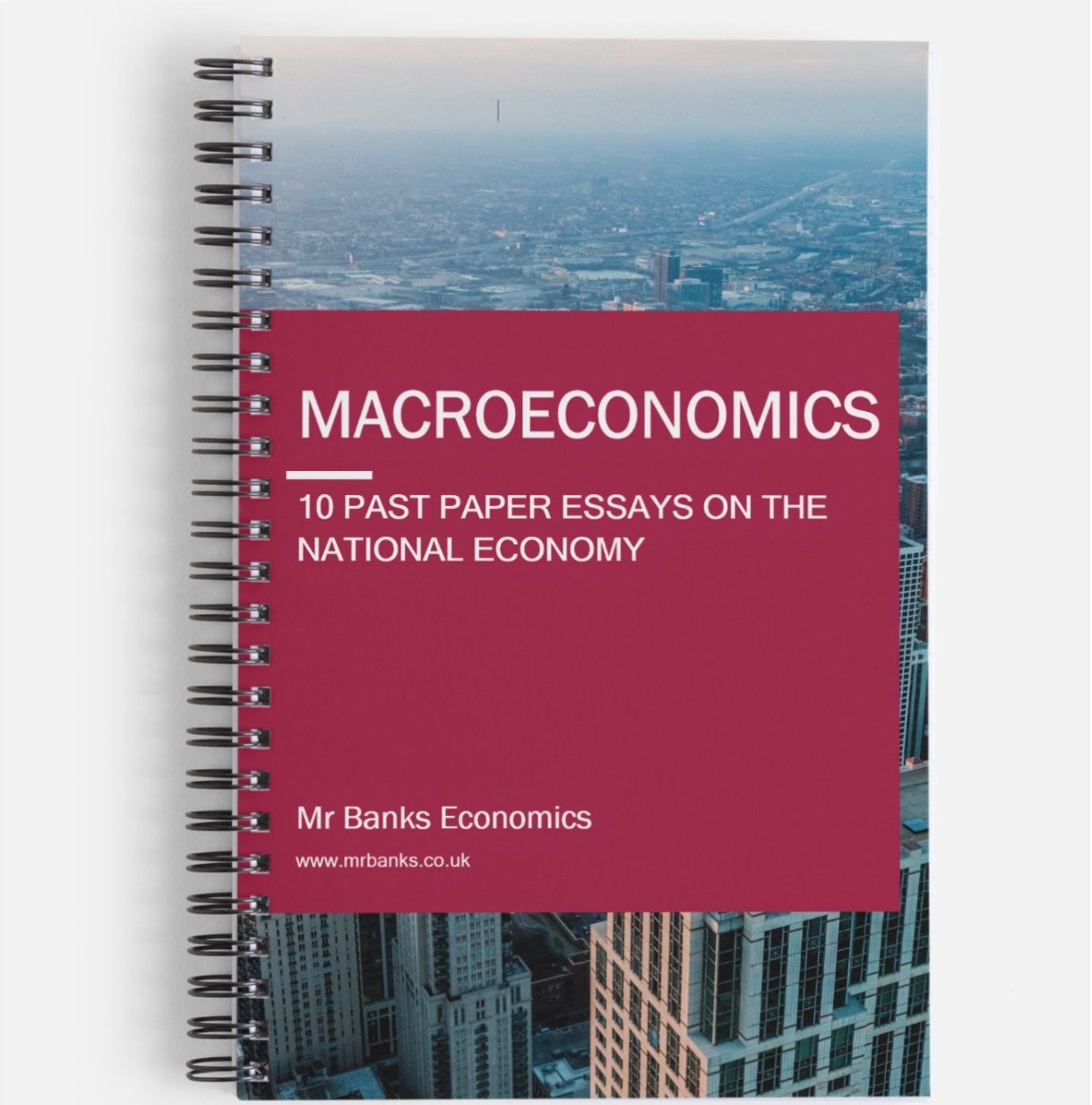Monopolies
A-level Economics
A type of imperfect competition
Definition:
A pure monopoly is when there is only one firm in the market for a good or service. They are the only supplier of the good/service. A monopoly power on the other hand, is a firm that is large enough to act as if they were a pure monopoly. A monopoly power is classed as a firm with over 25% market share.
What are the characteristics of a monopoly?
A pure monopoly market will have the following features:
1 producer, many consumers
High barriers to entry
No available substitutes
Price making behaviour
Why is a monopoly a type of market failure?
A monopoly can be classified as a market failure because the market is meant to be maximising welfare for society. The monopoly prices higher than a competitive market and restricts output, which is not maximising welfare for consumers. It also doesn't maximise welfare for potential suppliers because they are unable to join the market as the barriers to entry are too high. The only welfare that is maximised is the welfare of the monopoly itself, and this is why it is classed as the market failing to allocate our scarce resources efficiently.
In short, prices should be lower and output higher for us to be allocating resources efficiently. Therefore, the free market has failed to do its job.
Monopoly Market Failure Diagram: the diagram shows how a monopoly has a higher price than a competitive market, with a restricted output. The triangle shows the deadweight social welfare loss of the monopoly market.
IF YOU WANT GOOD GRADES FAST, BUY THESE BOOKS!
MACROECONOMICS MODEL ANSWER BOOK
10 Past Papers with Model Answers on the National Economy
Written by an experienced Economics tutor
Full model answers with diagrams
Suitable for all UK Economics exam boards
Physical booklet
£20.00
MICROECONOMICS MODEL ANSWER BOOK
10 Past Papers with Model Answers on Market Failure
Written by an experienced Economics tutor
Full model answers with diagrams
Suitable for all UK Economics exam boards
Physical booklet
£20.00
WANT TO SEE MORE?
What are the costs of a monopoly?
We know that there is a deadweight loss to society due to the monopoly's higher than competitive pricing and restricted output. But monopolies also can cost society in other ways:
Predatory Pricing: This is when the monopoly firm purposely undercuts the price of their products in order to extinguish competition from other firms within the market. Because the monopoly is really large, it has a cost advantage over small firms due to economies of scale. The monopoly firm may lose some money in the short-term, but at the same time it eliminates its competition from the market. In the long-term, it makes more profit than before.
Limit Pricing: This is when monopoly firms purpose reduce prices to stop new firmsfrom entering the market. It limits the amount of competition available.
Lack of available substitutes: Consumers in society suffer because the monopoly is in control of what is made in the market. Without competition, there exists no other viable option to the consumer in many cases.
Productive and cost inefficiencies: The monopoly restricts its output so it may not necessarily be producing at the cost minimising level of production. The monopoly also has no incentive to cut costs lower and improve the production process, because no competition exists. Therefore, precious resources are wasted.
Lack of incentive to innovate: Big monopolies can become lazy. The lack of competition means that they can reduce the quality of their goods to make more profit, or limit the amount of research and development because consumers have nowhere else to go.
Are there any benefits of a monopoly?
There do exist some benefits of a monopoly:
Economies of scale: A monopoly is better able to exploit economies of scale because they are larger than competitive firms.
Dynamic efficiency: The monopoly is technically able to reinvest more money into R&D and innovation than competitive firms are. This is because they make higher profits and are therefore able to spend more on such things. Ultimately, the consumer can benefit from these innovations. If monopolies didn't make such huge amounts of money, then who would want to make the next revolutionary product? Human beings are rational. It only makes sense to innovate and develop if there is an appropriate reward at the end of it.
What have we learned?
Definition of monopoly
Why it is a market failure
Monopoly diagram and deadweight loss
Cost/Benefits of monopoly


